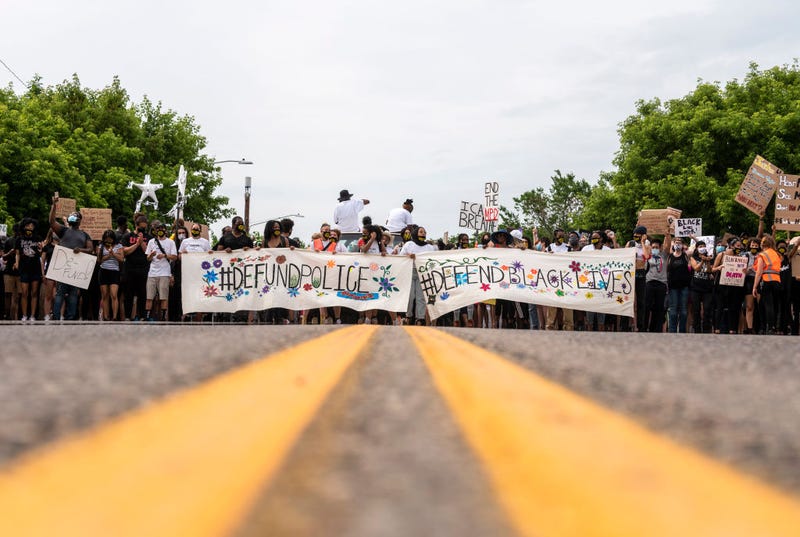
A new federal audit shows the City of Minneapolis was denied funding to help combat the opioid crisis because of the actions of some city councilmembers who took part in the "defund the police" movement.
The Department of Justice Inspector General says the Trump administration in 2020 used a "seriously flawed" process when they rejected the city's grant request.
The Minneapolis application requested $900,000 for the Minneapolis Health Department to fund a Law Enforcement Assisted Diversion (LEAD) project for 3 years. The health department was the lead applicant and collaborating partners included Minneapolis’s Police Department (MPD), city attorney, and mayor, as well as a council member, a health clinic, and a community center.
A memo from the administration saying they were extremely concerned that Minneapolis officials did not understand the impact of defunding their police, and didn't believe the grant could be properly administered without a vibrant, fully funded police department.
Minneapolis was one of 212 groups that applied for the funding and received the second-highest peer review score of any application according to the report.
Minneapolis submitted its application on May 21, 2020. Four days later, Minneapolis-area resident George Floyd was arrested and killed by Minneapolis Police.
"On June 7, 9 of 13 members of the Minneapolis City Council joined these calls and pledged to dismantle the MPD," according to the federal audit. "At the time of the announcement, the council did not offer a timeline or specific actions it planned to take. The council president stated that 'it’s our commitment to end policing as we know it and re-create systems of public safety that actually keep us safe.' By September, however, the movement to dismantle the MPD had lost momentum, and a local-area poll revealed that a plurality of residents opposed reducing the MPD’s size."
Instead of dismantling the MPD, the city council voted to divert about $8 million from the police budget to other city services.
Since then, significant resources from Minneapolis has been given back to the police department which has battled a large loss in officers. Mayor Jacob Frey proposed increases for the police department in his $1.8 billion budget for the city last August. Much of that incorporated mandated police and public safety reforms. The City Council approved that budget.
The City's Charter requires a police department staffed by at least 731 officers. Any change to that charter would require a vote by Minneapolis citizens and that never occurred.
Both Mayor Frey and Police Chief Brian O'Hara have been critical of the City Council's lack of support for police in the city. They rejected a plan to put another $15 million towards police officer recruitment and retention in 2023.
Opioid deaths in Minnesota have jumped dramatically in the last five years, from 342 in 2018 to over 1,000 in 2022 (data for 2023 is not available).
